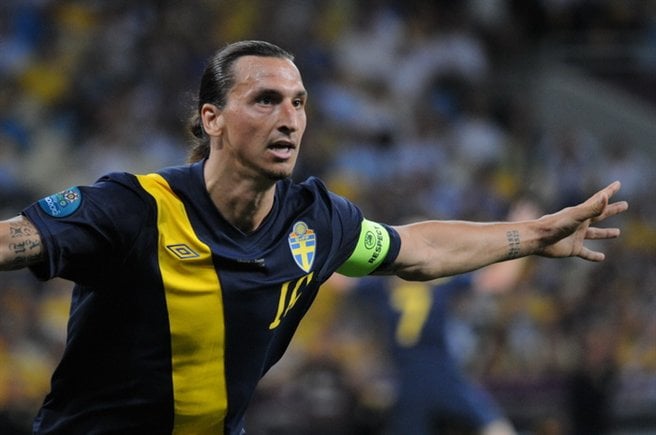It’s a commonplace amongst a certain type of trad conservative to talk about the need to “re-enchant” our understanding of the world. What they usually mean by this is some version of an argument, influenced deeply by Charles Taylor, that we moderns experience creation as something near to us and mostly comprehensible. There is little mysterious about it and what little that is mysterious today likely won’t be tomorrow.
Within such a context, religious belief can seem like a mere personal vanity at best and as something foreign, insensible, and dangerous at worst. And so we religious types need to find ways of reenchanting creation so that we can see it with the sense of awe that came to us so naturally before the scientific revolution.
Login to read more
Sign in or create a free account to access Subscriber-only content.
Topics:
